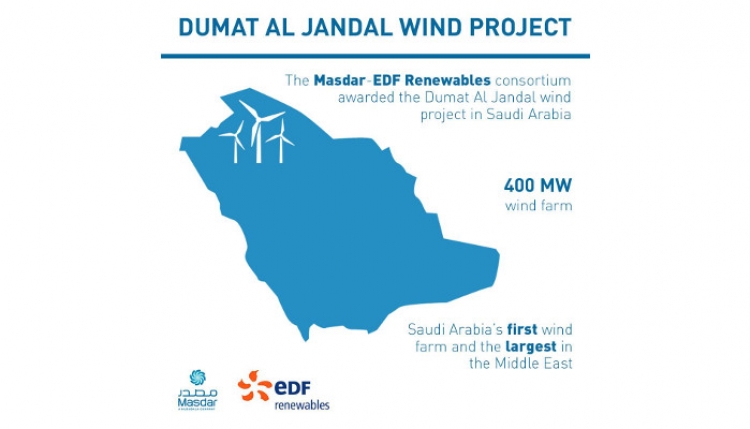Abu Dhabi - MENA Herald: The Sustainable Bioenergy Research Consortium (SBRC) today announced that its soon-to-be operational bioenergy research facility at the Masdar Institute of Science and Technology will be featured during the Global Forum for Innovation in Agriculture – a yearly summit dedicated to advancing game-changing innovations that tackle the challenge of global food security. Technical tours will be facilitated, providing attendees an opportunity to get a preview of the facility before the March 6 inauguration.
“In an interconnected world – where rapidly growing populations stress our finite resources – the UAE is addressing food security challenges,” said Dr. Behjat Al Yousuf, interim provost, Masdar Institute of Science and Technology. “In fact, the UAE imports roughly 90 percent of its food – at a cost, that if left unchecked, is predicted to increase by 300 percent over the next decade. But the challenge of food security is also an unprecedented opportunity to advance ideas and innovations that are both sustainable and economically viable. The Masdar Institute, along with its partners, is doing just that.
“Next month, we will begin operating the world’s first bioenergy research facility using desert land – irrigated by seawater – to produce both food and aviation fuels,” said Dr. Al Yousuf. “Abu Dhabi’s commitment to advance cutting-edge research that addresses both water and food security underpins the country’s transformation into an economy driven by knowledge capital.”
The research facility, located on a 2-hectare site at Masdar City, is a platform to explore the commercial viability and scale-up potential of an integrated, sustainable bioenergy system that produces food and fuel, without using arable land or fresh water in a desert environment. Successful development of this technology could support global food security, mitigate carbon emissions and reduce water pollution from industrial fish and shrimp aquaculture operations.
Masdar Institute, together with Etihad Airways, and Boeing, are founding members of SBRC, collaborating to advance the aviation industry’s commitment to reducing its carbon emissions by developing a clean, alternative fuel supply. Takreer, the Abu Dhabi oil refining company, along with Safran and GE, have since joined the research group.
“The path to address food security starts with embracing research and incubating ideas that have tremendous promise,” said Dr. Kevin Fitzsimmons, professor of environmental science at the University of Arizona, and a globally recognized expert on aquaculture systems. “It’s a challenge that requires a collaborative effort where public and private sectors come together to forward solutions that are both sustainable and economically viable. The SBRC facility is an example of how cross-sector cooperation can lead to breakthrough research with the potential to deliver both food and aviation fuel.”
The research facility is based upon an integrated, closed-loop system. The technology uses coastal seawater to raise fish and shrimp for food, whose nutrient-rich wastewater then fertilizes plants rich in oils that can be harvested for aviation biofuel production. The plants thrive in arid, desert conditions and don’t require fresh water or arable land to grow. Lastly, the wastewater is diverted into cultivated mangroves before being discharged back into the sea, further removing nutrients and providing valuable carbon storage.
“The SBRC research facility places the UAE at the center of knowledge when it comes to sustainable food and aviation fuel production,” said Julie Felgar, Boeing Commercial Airplanes director of Environmental Strategy and Integration. “The advancement of sustainable aviation biofuel – a cleaner, high-performing fuel – will significantly reduce our industry’s carbon emissions.”
More than 2,000 commercial flights have used sustainable aviation biofuel blended with conventional petroleum jet fuel since renewable jet fuel was approved for commercial use in 2011.
“This groundbreaking research has the potential to commercialize aviation fuel technology, while simultaneously supporting Abu Dhabi’s efforts to address food security, protect freshwater resources and reinforce the growth of an innovation economy,” said Linden Coppell, head of environment, Etihad Airways. “With more than 30 million commercial flights flown worldwide each year, Etihad Airways is committed to reducing its carbon footprint through sustainable technologies, and biofuels are expected to be an important factor.”






